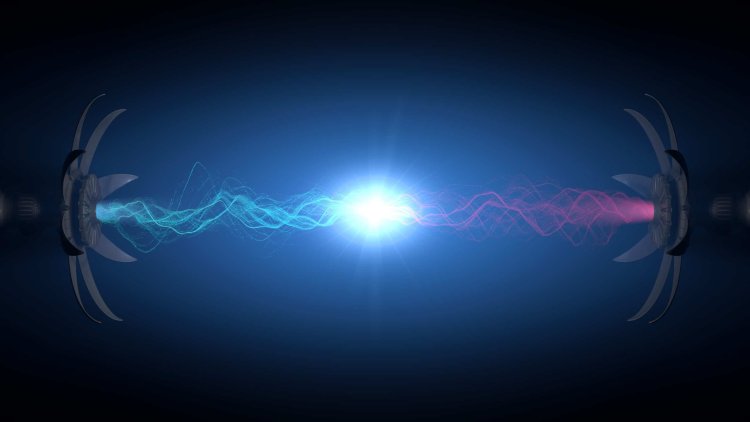CERN: Already breaking records

After a three-year hiatus, the LHC accelerator resumes operation and has already attained its maximum energy value. It will constantly be up till the summer, in order to try to uncover the universe's greatest mysteries.
The particle accelerator at CERN in Switzerland resumed operations with vigor, and after only a few days of operation, it rapidly reached record energy.
The protons cycled through the 27-kilometer tunnel with an energy of 6.8 TeV, breaking the previous record of 6.5 TeV set in 2015.
"Although this is a very minor energy increase, it is an increase above the previous record for energy in proton/proton collisions in the laboratory," says professor and researcher Nuno Castro of the University of Minho's School of Sciences.
"This new figure is extremely near to the projected limit of TeV," said Joerg Wenninger, the LHC's chief scientist.
The downtime, which Covid extended, served to increase the beam's quality by raising the likelihood of particle collisions, as well as to improve the mechanism for picking research events.
These developments raise hopes that some of physics' greatest mysteries, such as the existence of dark matter, supersymmetric particles, or the fifth force of nature, will be solved. There are still numerous questions in this area.
"In terms of science, increased energy enables access to hitherto unknown locations."
"Despite being a rather slight rise, it is nonetheless noteworthy," Nuno Castro compared, emphasizing that in this third phase of LHC activity – where, it should be noted, the Higgs Boson was discovered in 2013 – the most significant difference is related to the amount of data acquired.
"The main component in this third phase of operation is to allow the gathering of more data, more than what was gathered in the two preceding phases combined," he compares.
It is believed that by spending the summer there and directing proton beams in opposing directions, it will be feasible to achieve the limit of 13.6 TeV in tests that will endure until 2026.




























